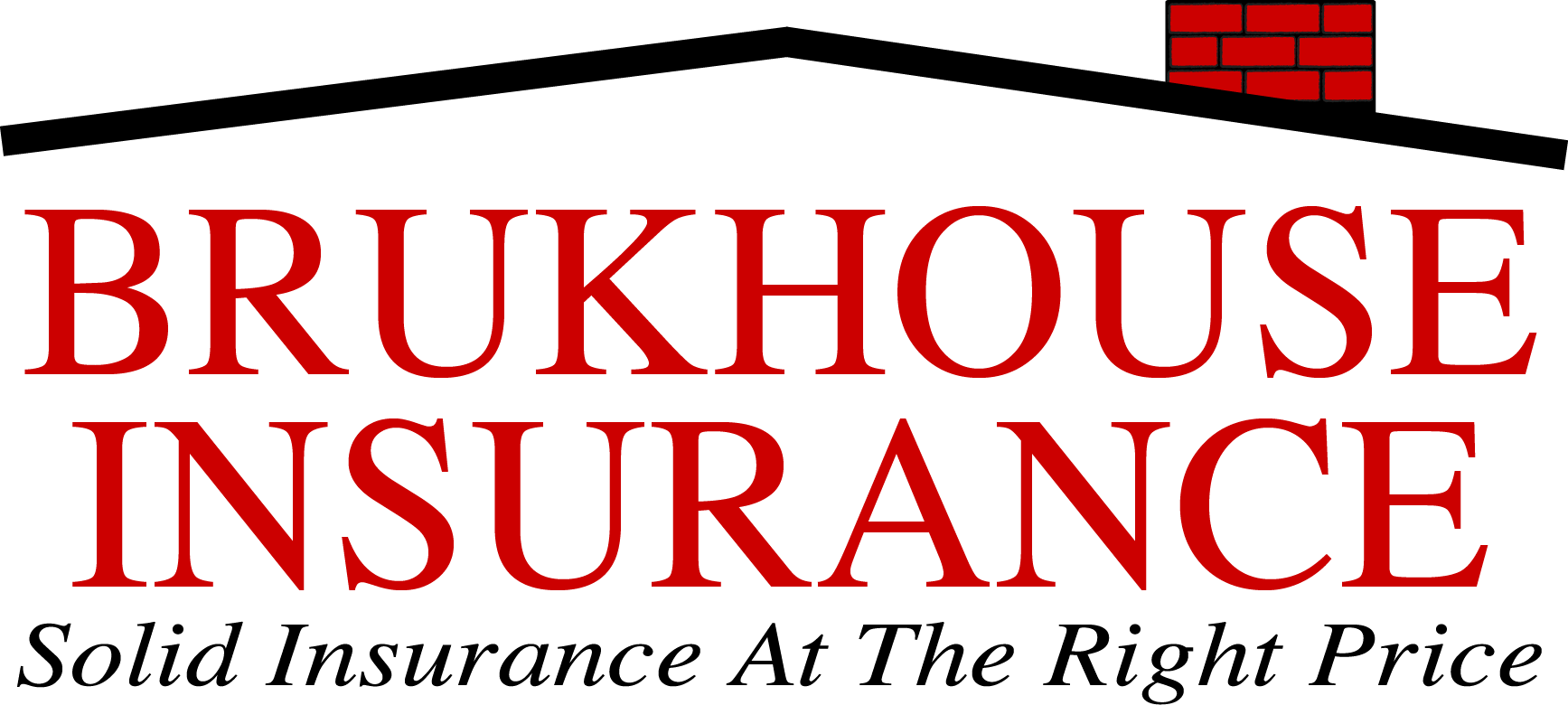Most everyone is familiar with auto insurance. Commercial auto insurance therefore must be auto insurance for commercial endeavors. This is true, but there are some significant differences between personal and commercial auto insurance. It is important to know the differences because otherwise you might not have the coverage you think you do. We always tell our clients “the most expensive insurance policy you can buy is the one that doesn’t cover what you need.”
Personal Auto Insurance 101
If you drive a car, you are required to have liability coverage and register your vehicle. Here in Colorado the state minimum for coverage is 25/50/15. Those numbers mean the insurance company will pay up to $25,000 for each injured individual that their insured is liable to pay. They will pay up to $50,000 in total injuries regardless of the number of injured people. And they will pay up to $15,000 in total property damage. Since this post is about commercial auto insurance, I will leave the discussion about these limits being too low for most everyone for another day. Suffice to say that higher limits are available, and you ought to ask about what level of coverage is appropriate for you.
In addition to liability, a personal auto insurance policy can include other coverages such as Uninsured/Underinsured Motorist protection. You will see this listed on your policy in a similar fashion to liability insurance, 25/50 for example. This coverage is for the named insured and anyone in their vehicle. It protects against injuries for which someone else is liable, but they don’t have any or enough insurance to cover the cost of injuries. This coverage cannot be higher than the liability limits, which is another reason to request higher liability coverage.
Some other coverage items you may be familiar with are Medical Payments to cover persons in your own vehicle no matter who is at fault, Collision to cover damage to your own vehicle, Other-Than-Collision (or Comprehensive) to cover damage to your own vehicle when you were not driving it, Towing, Rental or Loss of Use. We often refer to these as “convenience” coverages because they are not required by law.
Some peculiarities about personal auto insurance is that in the state of Colorado most policies will provide “Permissive Use” coverage to a driver who is not a household member, not listed on a policy but has permission of the owner to drive the vehicle. This means that you can loan your car to someone, and your same coverage extends to them. There are some policies that will cost less because they do not have this provision, or they have a “step down” provision where a permissive use driver only has the state minimum coverage instead of the policy’s higher selected limits.
Many personal insurance policies automatically provide for up to 30 days of coverage for a newly acquired vehicle. What this means is when you go shopping for a new car and find the one you want on a Saturday at 8PM, you don’t have to get it on your policy immediately so that you can take it home. You can show the dealer evidence of insurance for your other vehicle(s) and know that you are covered. Come Monday you can get the new vehicle added and then proceed with registration etc.
Personal auto insurance will exclude most business uses. These policies will also be inappropriate for most vehicles that are owned by a corporation. Vehicles that are being driven by employees will usually not be appropriately covered by a personal auto policy. So for these and some other situations, a Commercial Auto Insurance policy is the right choice.
Commercial Auto Insurance 101
There may be some fuzzy areas where you can choose either personal or commercial auto insurance. Let’s look at situations where commercial insurance is the right choice.
- The vehicle is owned by the corporation and used by the corporation. In event of a claim, the entity that ought to be paid is the one on the registration. Since this would be a corporation and not an individual, the policy needs to be written in the name of the corporation and therefore it needs to be a commercial policy. We can create some fuzziness here if we put a lease in place where an individual owns the car but leases it to the corporation or vice versa, but for most situations if the owner is a corporation, the policy needs to be commercial.
- There may be many employees who need to be listed on the policy and they would all be authorized to use the vehicle. This would need to be a commercial policy. Above we talked about permissive use so maybe the thought here would be that permissive use should extend to an employee. An occasional operator who happens to be an employee might be fine depending on the reason the employee is using the vehicle.
- The use of the vehicle also matters. Driving to and from work is considered commuting and then leaving your office for an appointment is similar. This “business” use is not excluded from a personal policy. Delivery, livery, and uses that are strictly commercial are always excluded. The classic example is pizza delivery. If your side gig is delivering pizza, make sure that the employer has you covered. Uber, Lift, Sidecar, UberEats, DoorDash etc., are all considered business uses that are excluded from any coverage on a personal auto policy. Now, some personal policies have endorsements that can be added to provide limited coverage for these situations but, the basic policy language always excludes them. Make sure you know what the employer’s coverage or the ride share company coverage is.
- Driving a larger vehicle often pushes even an otherwise personal vehicle into a commercial policy. Personal policies are not intended to cover something like a Ford F-550. Even though some individuals may own one of these for personal use like towing horses or a large 5th wheel, you may not be able to find a personal insurance company that has such a large vehicle coded into its rating system.
- A vehicle with a wrap or company signage on it will also need to be insured commercially. This is important because if the driver of a vehicle with a company logo on it is liable for damage or injury to someone, that injured party will seek compensation from the driver as well as the company that they see as liable. The commercial policy protects the driver who may be an employee as well as the company. Driving a personal vehicle with your own company logo on it may leave your company exposed to a lawsuit without coverage.
Some peculiarities about commercial insurance is that they often do not provide the same coverage or perhaps the same verbiage for similar coverage as a personal policy. They may provide for uninsured but not underinsured motorist coverage. They may not provide towing for all the vehicles on the policy. You may not have the convenience coverage such as “$0 deductible glass” you can get on a personal policy. While these are limitations, there are other coverage items that a commercial policy will afford that you cannot get on a personal policy.
- Blanket Automatic Additional insured. Many commercial operations enter into contracts and agreements where this verbiage is required. It isn’t available on a personal policy. Both contractual parties want to be named on each other’s insurance as additional insured.
- Waiver of Subrogation is another coverage item that is often required by contracts and it requires a commercial policy. This allows the insured to ask the insurance company to waive its right to go after the other contracted party and their insurance.
- Primary and Non-Contributory language is also often required in contracts. This makes the statement that the at fault party will have insurance that takes the primary position and will not ask other insurance carriers to contribute to defense costs or to judgment’s.
- Most personal policies will max out at $500,000 in coverage. I recommend businesses to carry at least $1,000,000 in auto liability insurance and it just isn’t usually available on a personal policy.
In addition to these clear situations, there are many fuzzy ones. I won’t go into these but I will highly recommend that if any of this information has you wondering whether you ought to switch from a personal to a commercial policy, have a conversation with your insurance agent. A ten minute conversation could save tens of thousands of dollars if you have the wrong policy.


 Insurance Insights – Reconstruction Guide
Insurance Insights – Reconstruction Guide
Leave a Reply